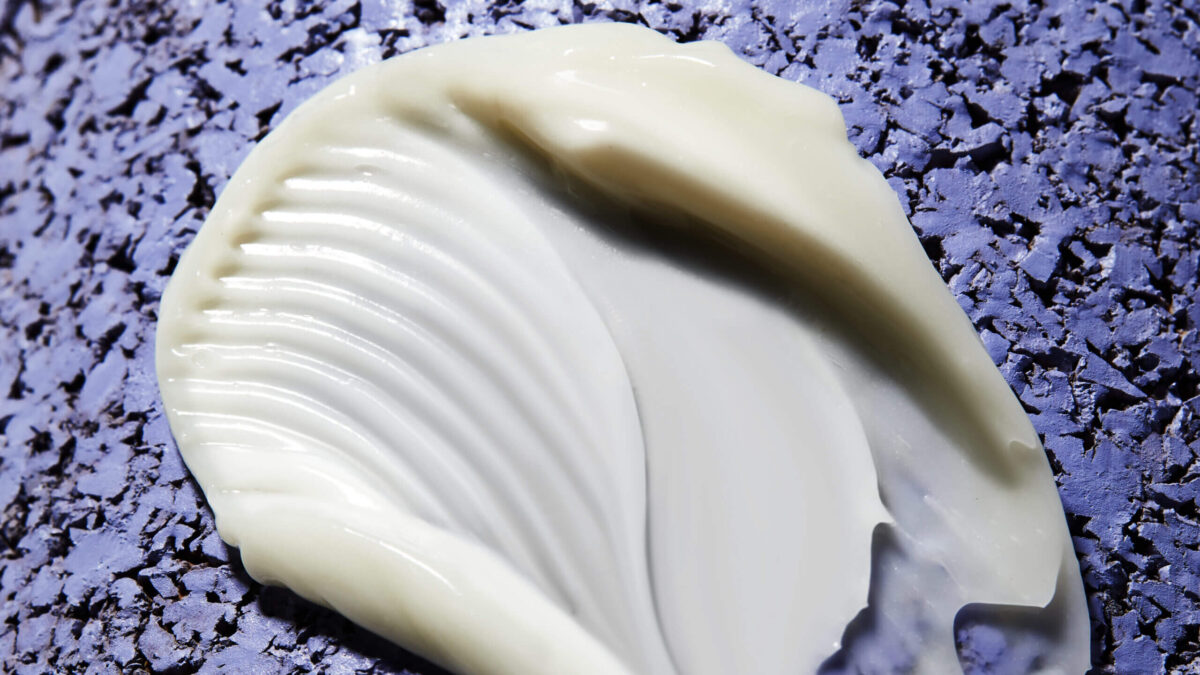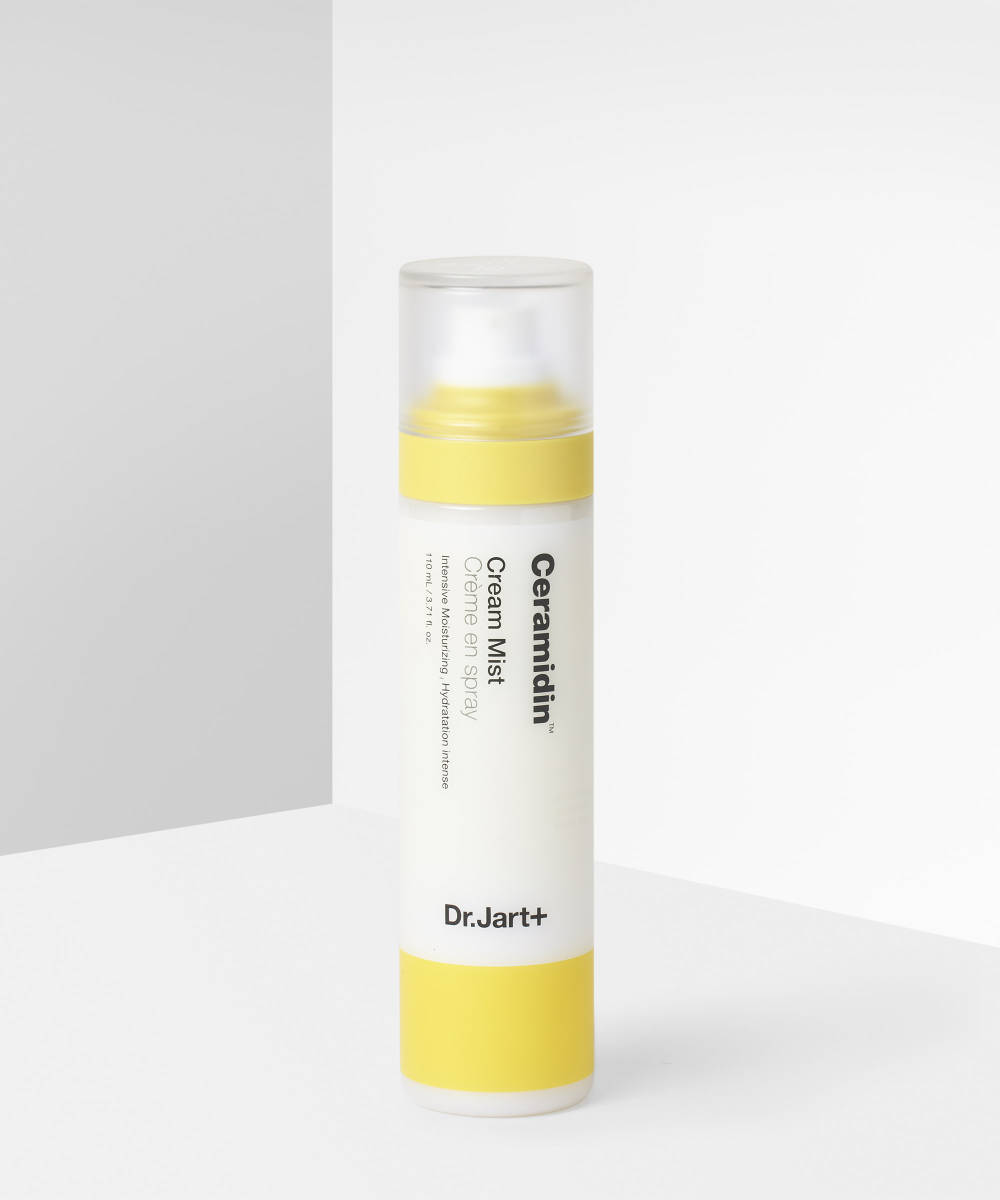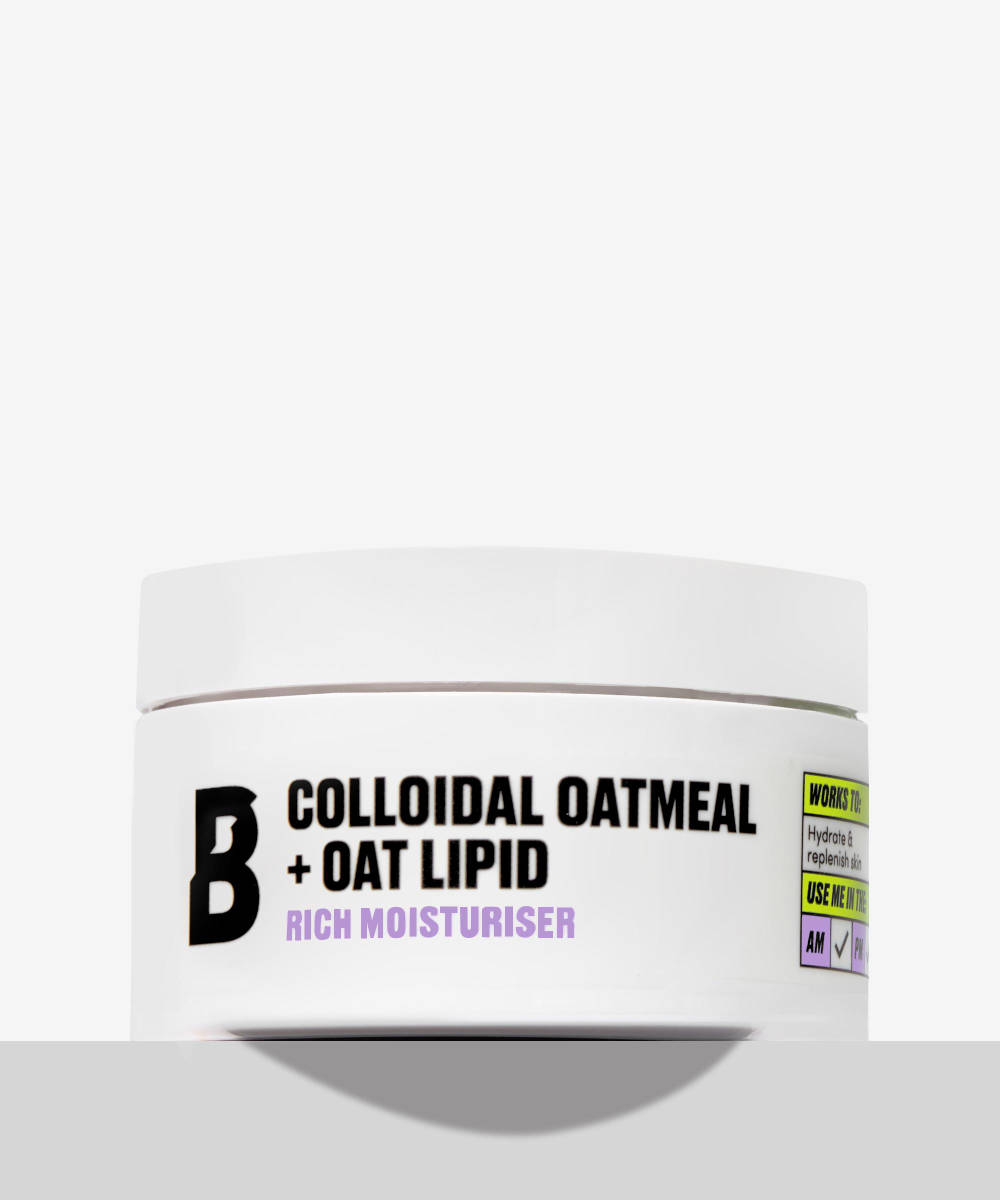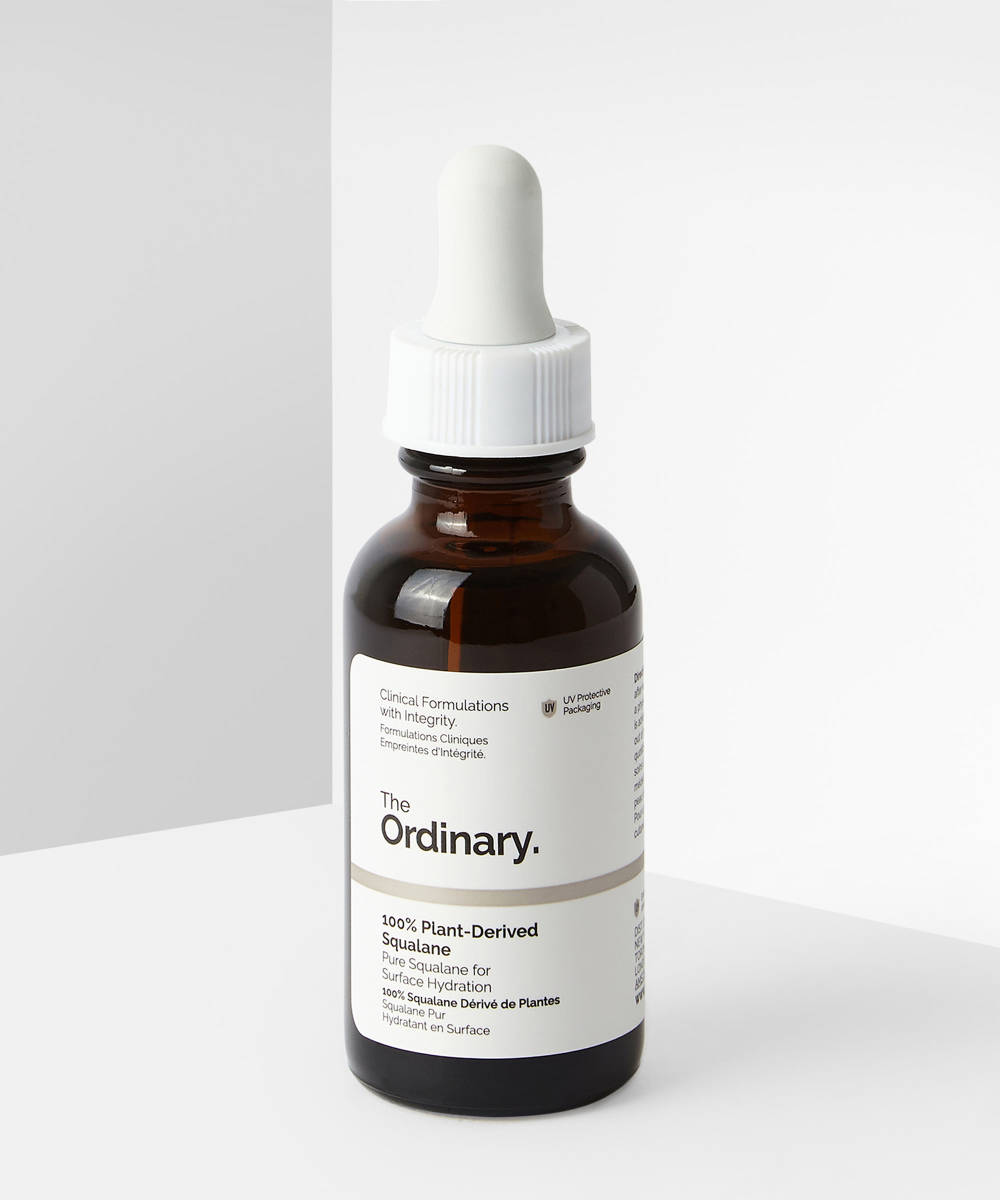Eczema is one of the more common – albeit stubborn, confusing, and frustrating – skin conditions out there. It’s also a medical condition, so if you suspect you have eczema (there are some tips for spotting symptoms below), you should speak to your healthcare professional rather than take matters into your own hands. There are multiple types of eczema, and there are certain products that can make matters a lot worse – as well as some beneficial ingredients to look out for in your skincare products. We spoke to dermatologist Dr Hasan Benar, to find out what causes eczema and how to treat it.
What is eczema?
Eczema is a non-specific term for many types of skin inflammation (dermatitis). There are different categories of eczema, which include allergic, contact, irritant, and nummular eczema.
Contact eczema (dermatitis) is an itchy skin rash that develops when you come into contact with an allergen. The condition often occurs hours after you’ve been exposed to the substance that triggered the allergic reaction. Contact dermatitis causes the skin to become itchy, blistered, dry and cracked.
Allergic eczema occurs when you come into direct contact with an allergen. The condition is known as a “delayed allergy” because it doesn’t trigger an allergic reaction right away. The symptoms of allergic eczema may not develop for 24 to 48 hours after you’ve come into contact with the allergen.
Irritant eczema happens when skin cells are damaged by exposure to irritating substances, such as solvents, detergents, soaps, bleach or nickel-containing jewellery. Makeup, hair dye, nickel-containing scissors, belt buckles or clothes with metal snaps or zippers can also trigger reactions.
Nummular eczema is a chronic condition that causes coin-shaped spots to develop on the skin. These spots are often itchy and well-defined. Nummular eczema often appears after a skin injury, such as a burn, abrasion, or insect bite. The condition may result in one patch or multiple patches of coin-shaped lesions. The patches can last for several months.
What are the symptoms of eczema?
The skin becomes itchy, inflamed, or has a rash-like appearance.
What causes eczema?
When your skin gets too dry, it can easily become brittle, scaly, rough or tight, which can lead to eczema. Exposure to soaps, detergents, fragrance, alcohol, house dust mite, pollens, animal dander and some bacteria, which contain proteins called “proteases” can all flare eczema.
How should you treat eczema on an everyday basis?
The trigger should be found and eliminated. The skin needs to be moisturised frequently throughout the day with a moisturiser. These creams not only control itching but also help repair the skin barrier.
Is there a difference between eczema on the face and eczema on the body?
The skin of the face is more sensitive than other parts of the body and the face is exposed to more products that might trigger eczema.
What products should you avoid?
You need to avoid using soaps, detergents, alcohol, fragrances, air fresheners, perfume, or scented candles.
What are the best products to use?
Moisturising creams which contain ceramides are the best products. Because ceramides are a natural component of the skin, they help to retain moisture without clogging pores. Making up 50% of our skin’s composition, ceramides are a type of lipid that act a bit like the cement holding our skin cells together. A strong, healthy skin barrier also prevents eczema triggers getting in. Oat lipids and squalane also have a strong hydrating effect on the skin and they do not cause a greasy feeling.




